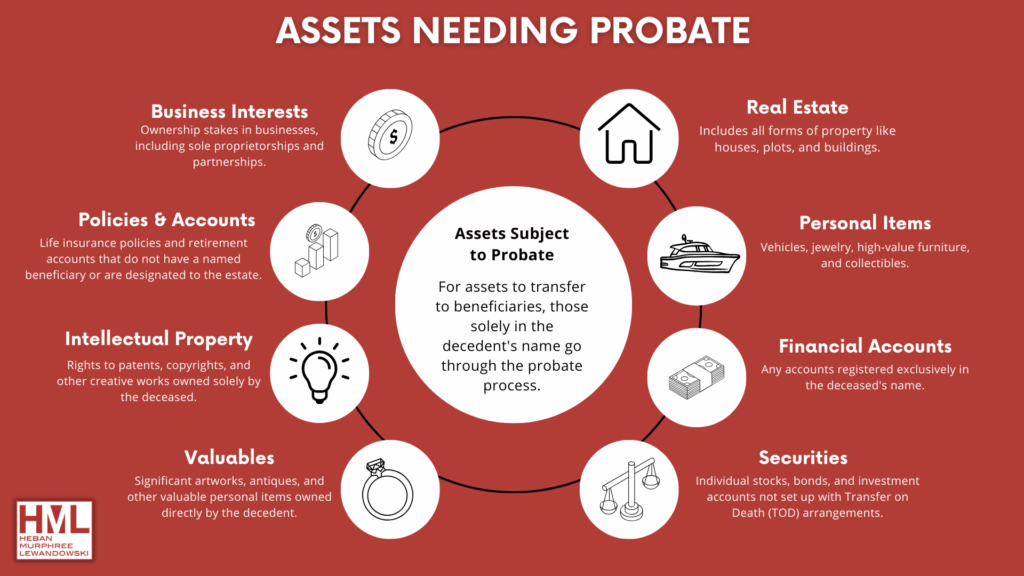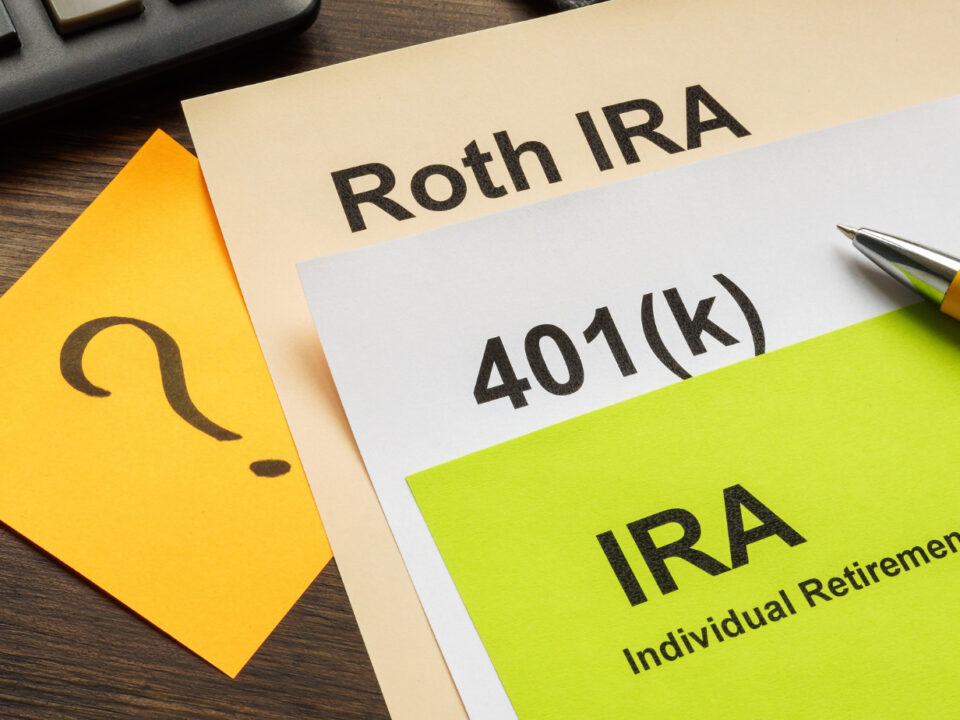- EXPERIENCED LAW FIRM IN TOLEDO, OH
- (419) 662-3100
How to Avoid Probate in Ohio During the Great Wealth Transfer

How to Avoid Public Probate for Large Estates
May 15, 2025
Did Dementia Affect Your Loved One’s Will?
June 4, 2025Preparing Your Estate to Avoid Probate Pitfalls
America is on the cusp of the largest handover of wealth in history. Economists call it the “Great Wealth Transfer,” and it’s already in motion. Over the next two decades, Baby Boomers are expected to pass down an estimated $70 to $80 trillion to younger generations. That shift isn’t just happening on Wall Street; it’s happening here in Ohio, from modest family homes to long-held farmland and retirement accounts.
Whether you own a few key assets or an expansive portfolio, the real question is whether your wealth will transfer smoothly or get stuck in probate court.
The Probate Trap
Probate is Ohio’s legal process for settling an estate after someone passes. While it serves a purpose, it’s often slow, public, and expensive. Even simple estates can take six months or more to resolve. More complex or contested estates can drag on for a year or longer. And during that time, your family may face unnecessary stress, delays, and legal fees.
The costs go beyond money. Probate becomes part of the public record, meaning anyone can view your personal affairs, including what you owned, who you owed, and who inherits. That lack of privacy can be unsettling for families trying to grieve and move forward.
When Emotions Collide with Unclear Instructions
Many families fear this scenario: a loved one passes, and unclear or outdated documents spark tension among heirs. Who gets the house? What about family heirlooms? Why was one sibling included and another left out?
Probate can inflame these conflicts. Without a strong estate plan, the courts follow a set formula that may not reflect your real intentions. That’s especially risky if you’re in a blended family or have unique wishes beyond a standard distribution.
The Will Is a Start, But It’s Not Enough
When someone passes away, emotions often run high, and if the estate plan is unclear or outdated, it can quickly lead to confusion and conflict. Family members may question who should receive certain assets, why some heirs were included or excluded, or how personal items should be divided.
Without a clear plan, the probate court will distribute assets based on Ohio’s default rules, which might not match your true wishes, especially in blended families or situations with special circumstances.
Here are common problems that arise when instructions are vague or missing:
- Disagreements over property or sentimental heirlooms
- Hurt feelings from unequal or unexpected distributions
- Will contests from family members who feel left out
- Legal delays while the court determines what should happen
The Living Trust
One of the most effective ways to bypass probate is by setting up a revocable living trust. Think of it as a private container for your assets. While you’re alive, you manage everything just like you always have. But your chosen trustee can distribute assets directly without court approval after your death.
A trust doesn’t just speed things up; it also keeps your estate details private. There’s no public record, no court supervision, and far less risk of a family feud. And because it’s “revocable,” you can change or dissolve it anytime during your lifetime.
Don’t Forget the Funding Step
A trust only works if you move your assets into it. This means retitling real estate, transferring bank accounts, and updating ownership records. Forgetting to fund the trust is a common mistake that can land those assets in probate court. An experienced estate planning attorney can help ensure everything is properly transferred.
One of the simplest ways to avoid probate in Ohio is by naming beneficiaries directly on certain assets. When you do this, those assets transfer automatically to the person you’ve named without the need for court involvement. It’s fast, efficient, and keeps things private.
Ohio law also allows you to use special designations like Transfer on Death (TOD) and Payable on Death (POD), which work similarly. But it’s important to keep these designations current, because they take priority over what’s written in your will.
Here’s where you can use them:
- Bank accounts (Payable on Death)
- Retirement plans and life insurance policies (beneficiary forms)
- Investment accounts and securities (Transfer on Death)
- Real estate and vehicles (using TOD affidavits or titles in Ohio)
Joint Ownership with Survivorship Rights
Joint ownership with rights of survivorship can keep certain assets out of probate for married couples or trusted co-owners. When one owner dies, the asset passes automatically to the survivor. This is commonly used for real estate, bank accounts, and vehicles, but it should be used carefully, like all planning tools.
Joint ownership comes with immediate access, so only use it when you are confident it won’t create unintended consequences.
Outdated Plans Can Create Modern Problems
Estate planning isn’t “set it and forget it.” Life changes, such as marriages, divorces, births, deaths, and new assets, affect your estate. Outdated documents can cause confusion or even direct assets to the wrong people.
That’s why reviewing your estate plan every few years and after any major life event is critical. A will written in your 40s may no longer reflect your wishes in your 60s. Worse, old beneficiary designations could send life insurance proceeds to an ex-spouse or exclude a new grandchild.
Get Professional Guidance, Not Just Paperwork
Estate planning isn’t just a stack of forms; it’s a strategy. You need more than fill-in-the-blank documents to protect your family and your legacy. You need a plan for your life, values, and Ohio’s legal requirements.
Working with an experienced estate planning attorney ensures your documents are legally sound and aligned with your goals. They’ll also help you avoid common pitfalls and keep your plan current as laws and life circumstances change.
Here’s how an attorney adds value to your estate plan:
- Customizes your plan based on your assets and family dynamics
- Guarantees that your documents comply with Ohio law
- Coordinates wills, trusts, TODs, and powers of attorney
- Updates your plan when laws or life events shift
Take the First Step Toward Peace of Mind
The great wealth transfer is no longer a future prediction; it’s happening now. Planning is the key to a smooth transition, whether you’re passing on a modest home or a substantial estate.
Don’t let your family get caught in the probate maze. With the right tools and legal support, you can pass down your legacy as you intended, efficiently, privately, and with fewer headaches.
Ready to get started? Contact our office to schedule a consultation!









